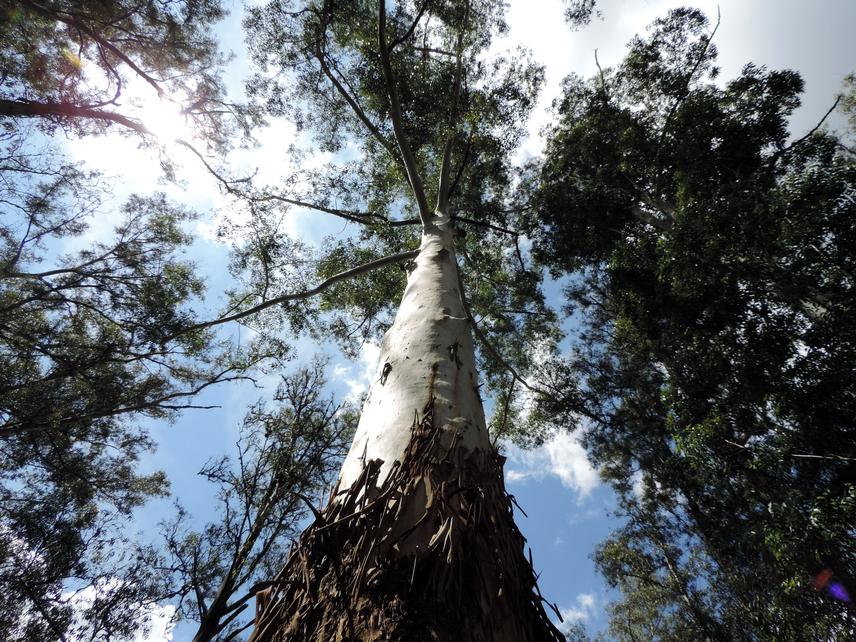Alejandro Alberto Schaaf
Other projects
5 Aug 2015
Effect of Conventional Logging on Cavity-Nesting Birds in Northwestern Argentina - Implications for Sustainable Forest Management
19 Jan 2017
The Impact of Logging on Bird Communities: Recommendations for Sustainable Forest Management in Northwestern Argentina
20 Jan 2022
Effects of Forest Exotic Plantation on Mammals in a Northwestern Argentina Forest: Implications for Management
Argentina has promoted the logging industry of exotic forest plantations for the last 50 years. Forest eucalyptus plantations are known for their negative impact on birdlife.
Despite the progress achieved, there is a lack of knowledge concerning the effects of the Eucalyptus plantations on bird communities of north-western Argentina. For this reason, we set as a goal of this project to identify which bird species and their ecological functions are more vulnerable to this kind of forest transformation. This information will be essential for future biodiversity management plans, since the recovery of animal species.

Eucalyptus.
The Southern Yungas of Argentina are subtropical mountain forests and they are considered as biodiversity hotspots on a global scale. These forests are under constant anthropic threat, especially because of changes in land use caused by the substitution of native forests for forestry plantations. In particular, in the Yungas forests of north-western Argentina (Jujuy province) in 1960, 10000 out of 23000 ha of Eucalyptus plantations were used in coal production. This exotic-based logging industry is encouraged by the government, causing the replacement of native forests, without considering its severe impact on animal populations. Forest plantations, especially eucalyptus plantations, are known for their negative impact on birdlife which includes a reduction of the species abundance and richness due to habitat loss.
The impact assessment of eucalyptus plantations on biodiversity needs more information over certain aspects of this ecoregion yet unknown. Thus, with this project, we will evaluate the impact of Eucalyptus plantations on bird species, their abundance, and their functioning in the ecosystem by comparing these plantations with native forests. We aim to address the following problem: Is the functional and taxonomic diversity of birds (e.g. pest controllers, seed dispersers) affected by Eucalyptus plantations? To our knowledge, the problem has not yet been tackled in Jujuy province. Answering this question is important for the management of exotic species. Based on the information gathered about the effect of exotic forest plantations on these vertebrate species, we will be able to inform about this problem to different sectors (the government, companies, universities, and NGOs).
This information will be essential for future biodiversity management plans, since the recovery of animal species (especially birds) is of critical concern in ecological restoration, particularly in Eucalyptus plantations due to the intensive debate on their effects.